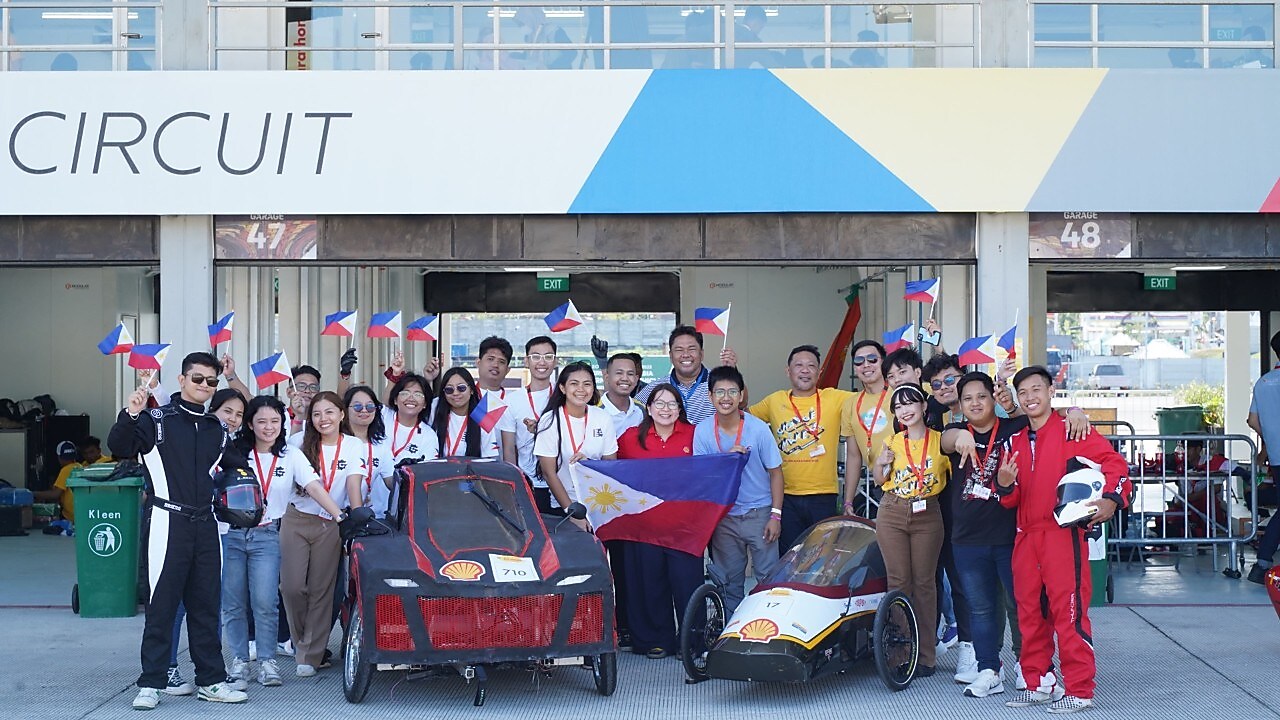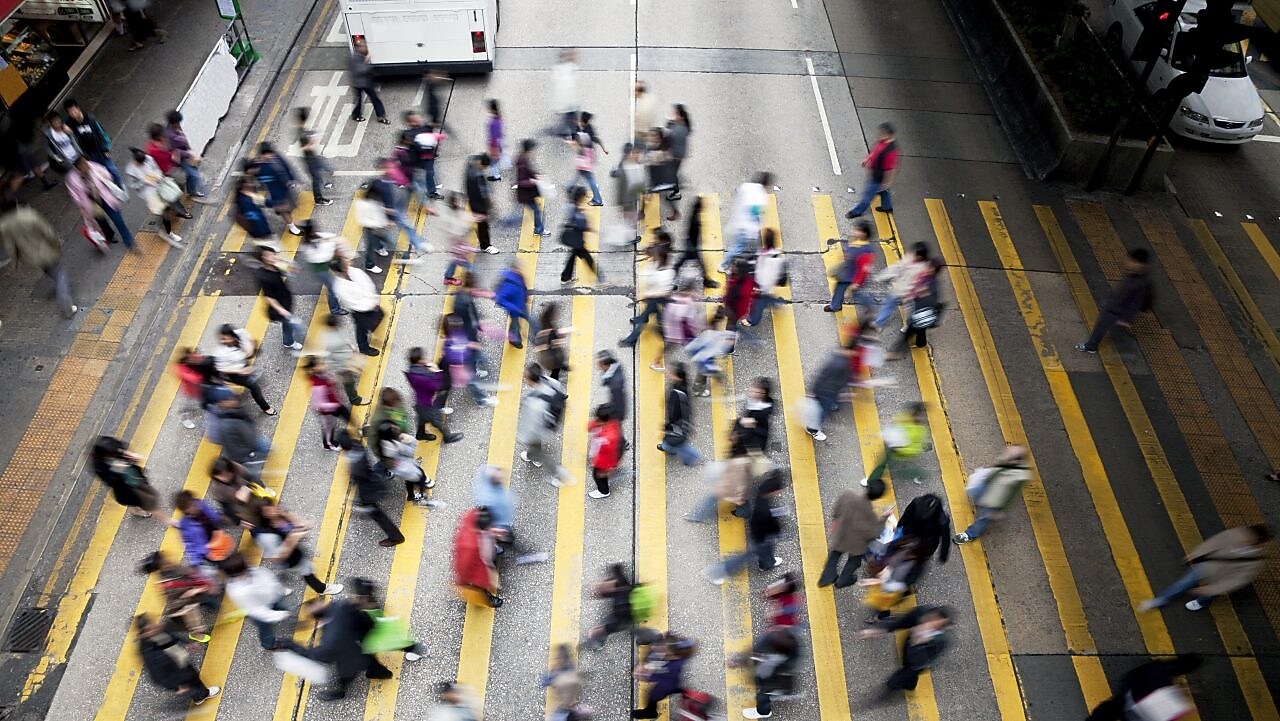
Energy and innovation
Energy is vital to our daily lives. Over the coming decades, more people will gain access to energy and enjoy higher standards of living. At the same time, climate change remains a serious concern. We use human ingenuity, innovation and technology to unlock more, cleaner energy for the years ahead.
Innovating together
Do you have an idea or technology that could transform the energy industry? We may be able to offer you funding, laboratory and research space, professional coaching, or access to markets and manufacturers – essentially everything your idea or technology needs in order to grow and move forward faster.
Innovation is in our DNA – it means making things better than before. It means driving the right solutions to deliver the energy that our customers need to power and sustain their lives. But we know we cannot solve the world's energy challenges on our own.
To meet the rising energy demand in the most socially, environmentally, and economically responsible way, we need to unlock the full power of innovation: the capacity to do things differently and better than before.
Discover our innovation programmes below, and which of them could best meet your needs.
Shell GameChanger
Shell founded its GameChanger programme in 1996 to provide innovators with the financial and technical support and space they need to demonstrate the technical and commercial viability of their ideas. GameChanger helps them to prove their concept works, quickly and cost-efficiently.
GameChanger has worked with more than 1,700 innovators around the world, helping them turn more than 100 ideas into reality. These include the revolutionary idea of producing and cooling natural gas to liquid at sea. Boosted by early funding from the GameChanger programme, the idea is coming to life with the Prelude FLNG project
Shell TechWorks
Shell TechWorks is an open innovation programme that brings together entrepreneurs and technology start-ups from within and outside the energy industry to solve one of the world’s greatest challenges: how to meet growing demand for affordable energy with less environmental impact.
We founded Shell TechWorks in the USA in 2013. Its office is located in the world’s most innovative square mile, in Cambridge, Massachusetts – a hub for leading technology organisations and close to more than 80 universities.

Shell Technology Ventures
Shell Technology Ventures (STV) is our corporate-venturing arm, which invests in companies to speed up the development and deployment of new technologies that complement our business.
Founded in 1998, STV acts as an investor and partner in the commercialisation of innovation. The entrepreneurs and companies we invest in benefit from our technical and scientific expertise and from the possibility of testing or piloting their innovations.
Learn about companies STV invests in
Innovation for small businesses
Small businesses offer fresh ideas and focused expertise that can help us to accelerate innovation in energy technologies at Shell. We connect with small business research programmes to identify the brightest and best start-ups and technologies across the globe, and invite them to take part in the Shell Small Business Innovation Initiative.
We work with innovators who are already proving the scientific, technical and commercial feasibility of their projects. In return we offer technical resources, testing opportunities, commercial guidance and the possibility of Shell becoming a customer.
Read more about our innovation initiative
Innovative collaborations
We work with governments, world-class academics and industry specialists in our quest to help meet the world’s growing energy needs. Our collaborations range from developing advanced fuels to improving data processing with the IT industry.
See how we work with universities, companies and institutes to drive innovation forward

